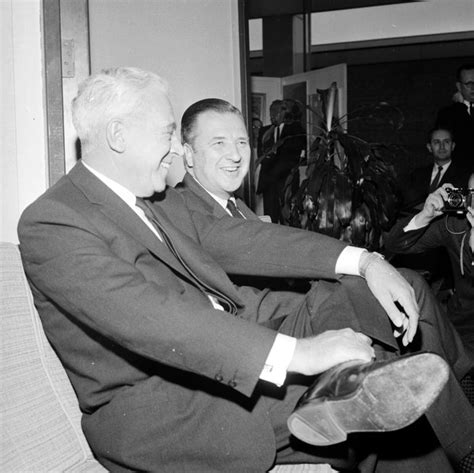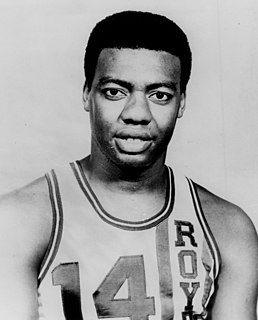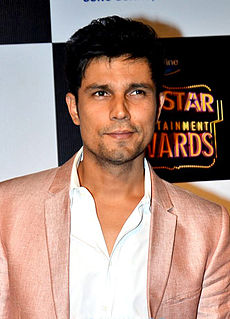A Quote by Evan Sharp
If you see an image and it's just an image, and there's a bad link or no description, and you don't know what that image is, or who took it, or what it's a picture of, it's not a very satisfying or actionable experience.
Quote Topics
Related Quotes
I make one image—though 'make' is not the right word; I let, perhaps, an image be 'made' emotionally in me and then apply to it what intellectual & critical forces I possess—let it breed another, let that image contradict the first, make, of the third image bred out of the other two together, a fourth contradictory image, and let them all, within my imposed formal limits, conflict.
The image can only be studied through the image, by dreaming images as they gather in reverie. It is a non-sense to claim to study imagination objectively since one really receives the image only if he admires it. Already in comparing one image to another, one runs the risk of losing participation in its individuality.



































